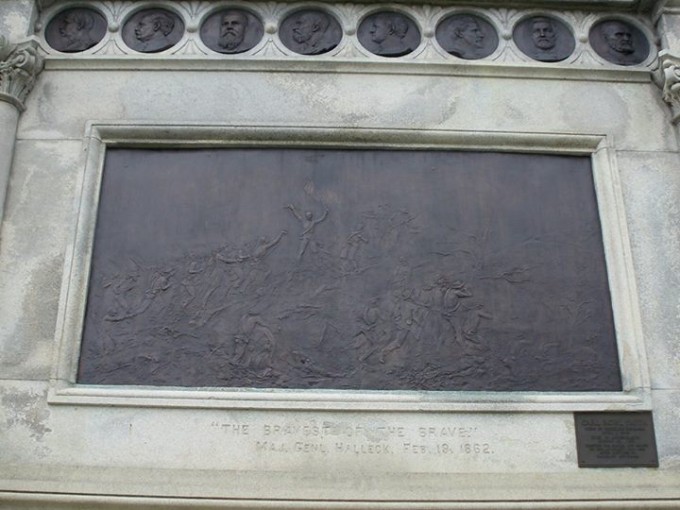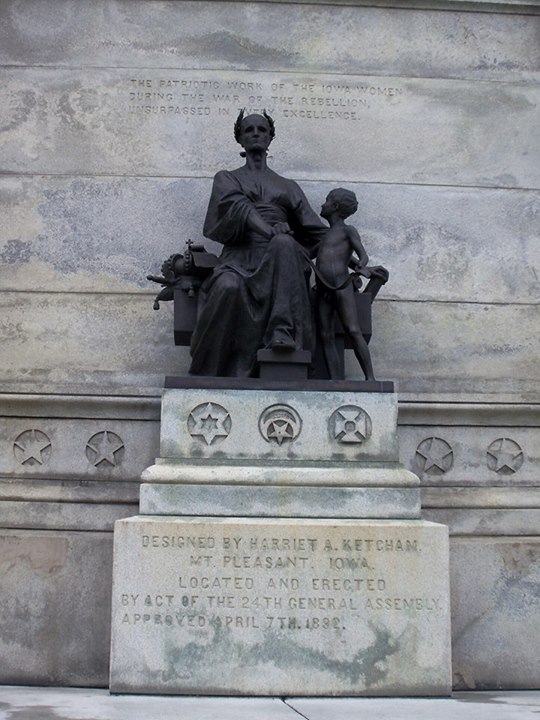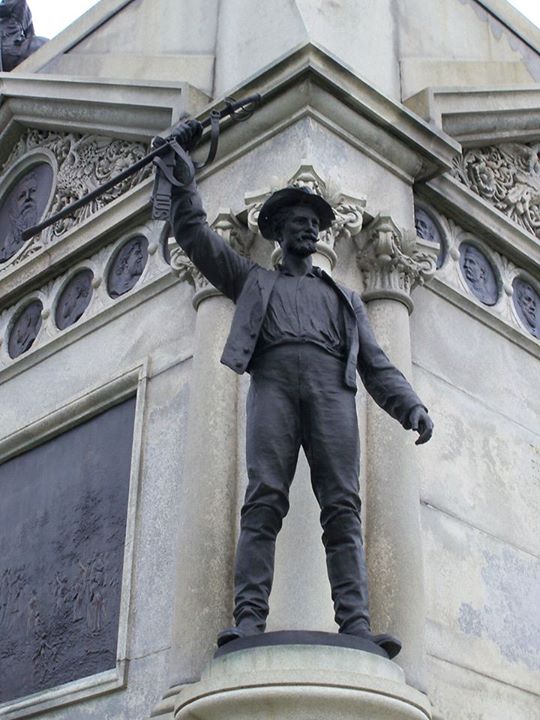
Sunday, 18 October 2015
Therefore show to them, and before the churches, the proof of your love and of our boasting on your behalf. 2 Corinthians 8:24
Paul finishes this chapter with his appeal to the Corinthians to put their words into action. He begins with “therefore.” This actually covers the entire discourse on the matter to this point as he weaves together his words for them to consider.
His words, “show to them” are speaking specifically of Titus and the other two who will be coming to them for the very purpose of gathering up the gift that had been promised by the Corinthians. Next he says, “…and before the churches” which probably is referring specifically to the Macedonian churches he has mentioned in detail during this chapter. This would include Philippi, Berea, and Thessalonica. It may also include other churches that Paul had boasted to concerning the promised gift from those in Corinth.
In these two separate appeals, it is clearly evident that Paul is trying to get the Corinthians to save themselves from an embarrassing situation. If their actions didn’t meet their words, there would only be a sense of dishonor concerning them in the eyes of those who gave so willingly, even out of their poverty. In order for this not to happen, he mentions to them that this gift would show “the proof of your love.”
This thought takes us back to verse 8 which said –
“I speak not by commandment, but I am testing the sincerity of your love by the diligence of others.” 2 Corinthians 8:8
Verse 8 was placed between the verses concerning the Macedonians and the verse concerning what Christ did in the giving of Himself. These were diligent in proving their love through action. Now it was the Corinthian’s chance to do the same. Along with that, there was the matter which was “our boasting on your behalf.”
They had spoken, Paul and the others had accepted their words at face value, and boasting of what was coming from them went out. In the case of boasting to Titus, it was something that would now become either proven true or proven false. If false, he would be embarrassed to return with such a paltry gift. His boasting to Titus is recorded in verse 7:14.
In his boasting to the Macedonians, it led to their giving in an immense way. If his words proved false, then those in Macedonia would naturally feel used and hurt. This boasting to the Macedonians was mentioned in verse 8:2.
Life application: We use the term, “This is where the rubber meets the road” to indicate that specific moment when something which should happen actually comes about. If it doesn’t, then there will be negative consequences. In the case of a car, it may lose traction, or it may get stalled out. Either way, disaster could result. When we make promises, they are only realized when the rubber meets the road. And so let us have plenty of tread on our tires as we fulfill what we have spoken with our lips.
Lord God, if I were a tire, would I have plenty of tread for the road set before me? I make promises, and I need to keep them. I set goals, and I need to attain them. I have a race set before me, and I need to reach the finish line. Help me to be an untiring tire – one which is grounded on the path of my commitment and which avoids the potholes, sharp objects, and unseen black ice which could drive me off my course. Eyes on Jesus! The road is marked out! Be with me on this track of life. Amen.




